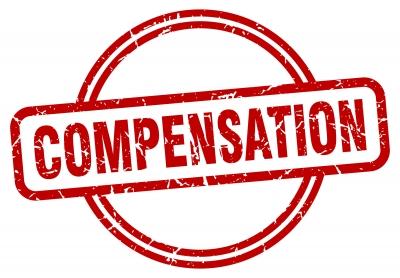Pay is a tricky thing. Everyone wants to hire and keep the very best talent in their relevant market. Everyone wants to appropriately reward and motivate, while providing a clear and equitable system. Yet, for all its importance, many organizations find their compensation systems don’t produce the outcomes they want because they are not truly pay-for-performance systems. Is your system meeting your objectives?
For years, HR thought leaders have told us that compensation isn’t the number one reason employees choose to stay or leave. They mention that good managers and challenging assignments are the main reasons why good people stay, but compensation isn’t that far behind.
The International Foundation of Employee Benefit Plans (IFEBP) has asserted that compensation should be treated not as a cost to be controlled, but as a key investment to be managed. When viewed as an investment variable, compensation takes on a different meaning. It’s a raw material, and the outcome, when applied correctly, is revenue. For example, look at what you’ve said are the key drivers for your organization and your compensation in those areas. Are the messages the same? Look at the distance between the raises of your “A” players and your “B” players. If they are separated by only a slim margin, are you really differentiating between contributions, and consequently, results?
Compensation is a complex system, but generally speaking, a successful pay for performance program requires the following:
- Individual differences in job performance that are measurable.
- A pay range that is sufficiently broad to allow for adequate differentiation of pay based upon performance, and/or level of experience and skill.
- Supervisors and managers who are trained in employee performance planning and evaluation.
- A management group that is committed and employees who are receptive to making distinctions between employees based upon performance.
- Objective measurement of performance.
- Managers who carefully evaluate performance and make judgments regarding pay differentials.
- Significant commitments of time and effort are required by all involved in this process.
Is your compensation system truly a pay for performance system? Are you wisely investing? Take a look at your compensation system and philosophy and evaluate whether they are supporting your business and your vision.



